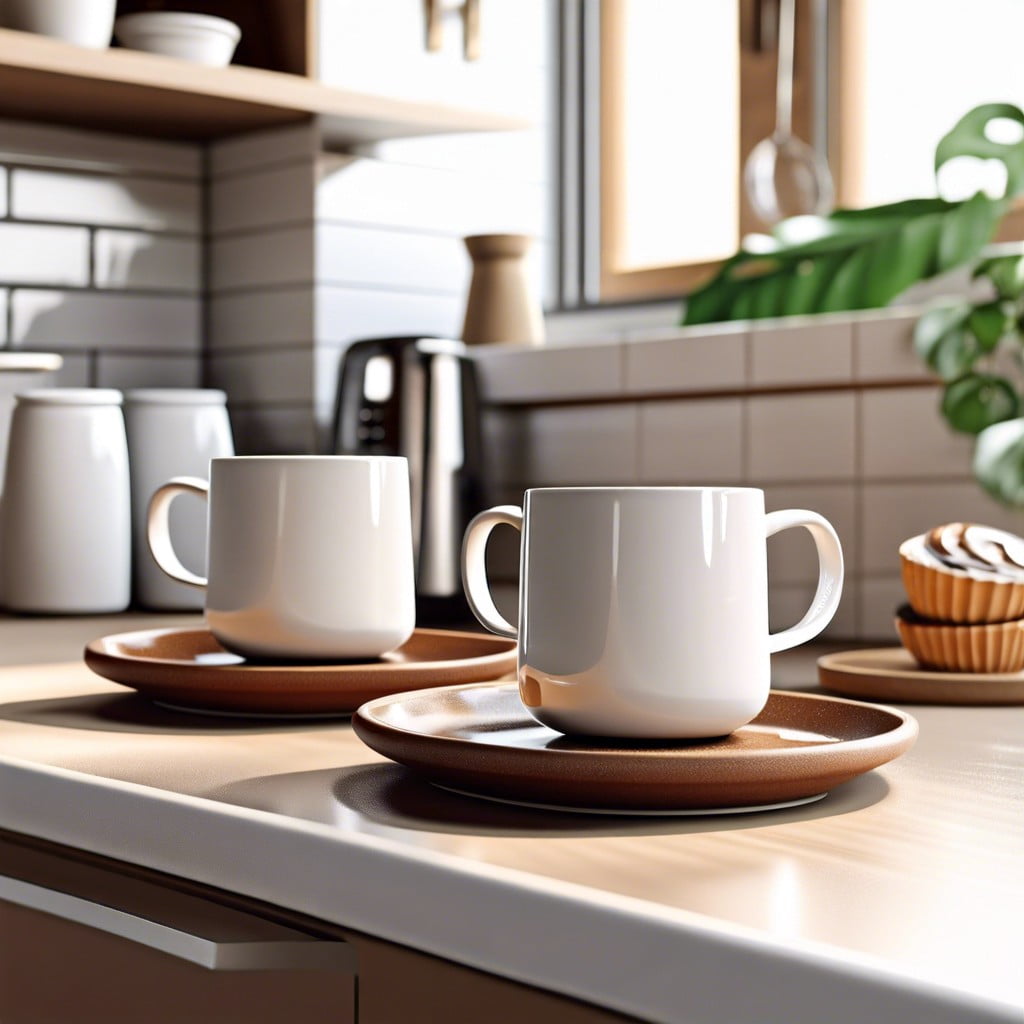Learn exactly how long your brewed coffee stays fresh and when it’s time to brew a new batch to keep your caffeine kick delightful and safe.
Factors Affecting Coffee Freshness

Let’s dive into what keeps brewed coffee fresh or turns it into a sad cup of sorrow. The freshness of your brew depends on several factors:
– Exposure to Air: Coffee’s number one enemy! Oxygen in the air starts to degrade the coffee’s oils and aromas, leading to stale tastes quicker than you might think.
– Temperature: Hot temperatures help bacteria grow and can alter the fundamental composition of coffee. Keep it cool to keep it fresh.
– Light: Direct light can speed up the oxidation process. Darkness is your coffee’s ally.
– Moisture: Any added moisture can encourage mold growth. A dry spot is a safe spot for your coffee.
Consider these factors to maximize your coffee’s edibility and enjoy a delightful cup every time!
Shelf Life of Brewed Coffee At Room Temperature
Once brewed, coffee begins a countdown to staleness, affected by exposure to air, light, and temperature. At room temperature, it remains in peak condition for about 30 minutes. After this, the flavors start to deteriorate. You might notice the coffee becomes more acidic or bitter.
If left for over 4 hours, brewed coffee may not only taste bad but also harbor bacteria due to the room temperature environment. While it might not visibly show signs of spoilage, such as mold, the quality and safety can be compromised. Always think twice before sipping on that hours-old coffee. Avoid health risks; prioritize freshness!
How Long Can Brewed Coffee Last in the Fridge?
Brewed coffee can comfortably hibernate in your fridge for about 3 to 4 days before it starts losing its charm. This timeline is perfect for those who prefer their caffeine ready-to-go and don’t mind a cold brew vibe. Remember, keeping it in an airtight container is key to maintaining its flavor and slowing down the growth of mold – yes, coffee can mold too! If you nose a whiff of off-oddness or if the flavor has hitched a ride to staleness, it’s probably time to bid your brew adieu.
Storing Coffee: Best Practices
To maximize the lifespan of your brewed coffee, it’s crucial to store it effectively. Here are some pointers to ensure your coffee remains as fresh as possible:
Firstly, always store your coffee in an airtight container. This prevents any outside contaminants and excess air from wreaking havoc on the flavor and aroma.
Secondly, choose a dark, cool place away from direct sunlight. Light and heat are coffee’s arch-nemeses, speeding up the degradation process dramatically.
For longer storage periods, consider the refrigerator. However, be mindful that coffee easily absorbs odors. Store it far from strong-smelling food items to avoid unintended flavor mix-ups.
Lastly, if you’re looking at days rather than hours, freezing your coffee can be an option. Pour the coffee into an ice cube tray for easy, individual servings. Just note that frequent thawing and refreezing can alter the taste significantly. Always aim to enjoy coffee in its freshest state whenever possible.
Identifying Spoiled Coffee
When your beloved brewed coffee has crossed over to the dark side, it will let you know! First, trust your nose. An off or sour smell is a dead giveaway that your coffee has spoiled. Unlike the rich, inviting aroma of fresh coffee, spoiled coffee might smell musty or even like mold, particularly if it’s been sitting at room temperature for over a day.
Taste is another red flag. If you dare to sip it, spoiled coffee may taste unpleasantly bitter or acrid, not just the usual strong or robust flavor of well-brewed coffee.
Finally, any visible changes should alarm your inner coffee lover. If you spot mold (yes, it happens!), or the coffee appears oilier than usual or has changed in color, it’s time to say goodbye.
Remember, drinking spoiled coffee could upset your stomach, so if in doubt, pour it out!